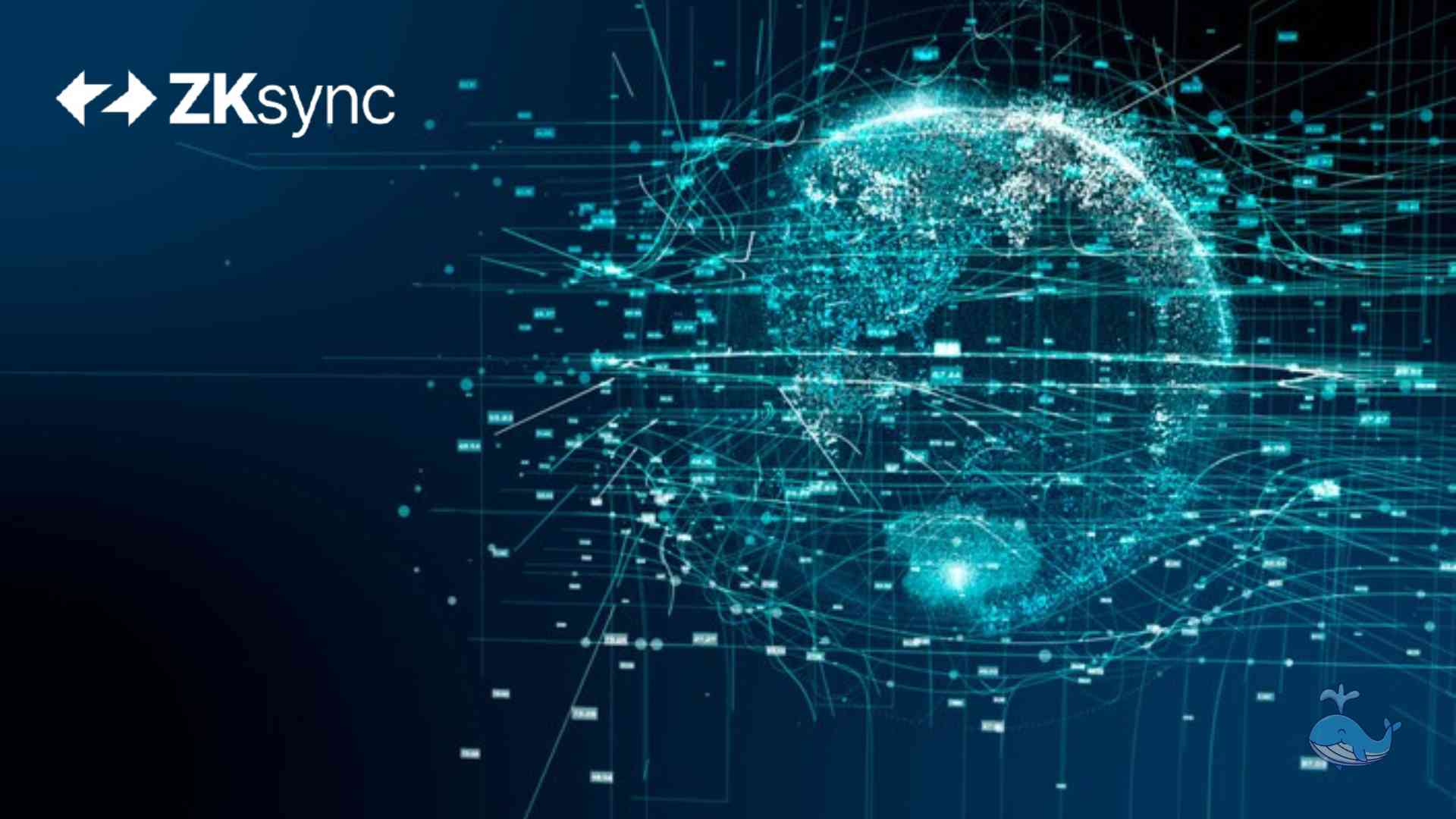ZKsync Decentralized Governance System now live on Mainnet

ZKsync, the first EVM-compatible rollup secured by zero-knowledge proofs, has announced the launch of its decentralized governance system.
The ZKsync governance system is live! Full decentralization is here.
— ZKsync (∎, ∆) (@zksync) September 12, 2024
Read more about the Token Assembly, Guardians, and Security Council below. https://t.co/PR66JxZL1c
Following the mainnet launch of its governance system, community members will have direct influence over the protocol's development, ZKsync said in a blog post. Built on a decentralized model, the recently activated governance system enables community members to take part in collective decision-making regarding the protocol's future.The ZKsync protocol cannot be altered by a single person or entity by design.
Three independent bodies, each with its own independent decision-making authority and judgment, must approve any changes to the protocol. The Token Assembly, Security Council, and Guardians are the three governing bodies of ZKsync. Each is important for ensuring distributed, durable, and mission-aligned governance.
Token holders who assign their voting power and delegates who receive this voting power are members of the ZKsync Token Assembly. The ZKsync protocol and network technical security are protected by a team of highly qualified and technical engineers, security auditors, and security experts known as the ZKsync Security Council. ZKsync Guardians make sure that proposals for ZKsync governance align with the principles of the ZK Credo. Their main power is the ability to veto proposals.
The Security Council and Guardians governing bodies use an innovative structure that combines legal entities and smart contracts. These organizations—also known as "BORGs" or blockchain organizations—are regulated by smart contracts that are implemented as tech-specific charter documents.
ZKsync Improvements, Token Programs, and Governance Advisory proposals are published, approved, and carried out by the three bodies of the ZKsync governance system. Proposals may be made and approved (or rejected) by the Token Assembly. Protocol upgrades need to be approved by the Security Council and are subject to the Guardians' veto power. To put it succinctly, no individual or group of individuals has the authority to independently make and accept proposals, the post added.
On June 10, zkSync, Ethereum’s Layer 2 scaling solution, launched a new community-driven governance hub called ZK Nation. The post stated that ZKsync seeks to develop a governance structure that will let ZK Nation control how the protocol develops going forward. Owners of protocol tokens will have the ability to vote on and suggest modifications for network parameter changes and protocol upgrades. ZkSync announced a day later that it would be launching its own token, zkSync (ZK), and that it would airdrop about 3.675 billion of them.
ZKsync has demonstrated since the mainnet launch of ZKsync Era in March 2023 that it can scale Ethereum with high throughput, cheap fees, and the ability to support ZK chains that are interoperable as an elastic blockchain network.
Disclaimer: This information should not be considered financial advice by any means. Please do your own research before making any investment decisions. The views in the articles are personal opinions only. Whale Insider is not responsible for any financial losses incurred.
